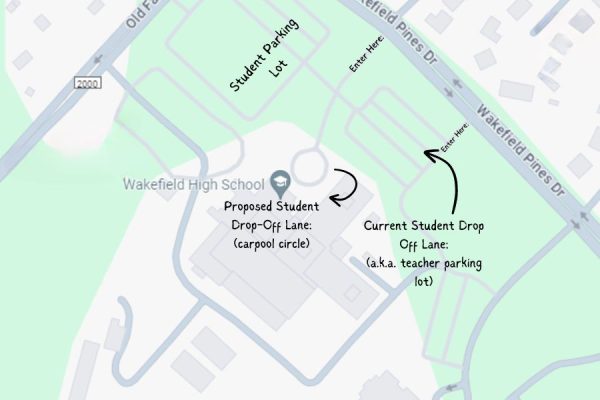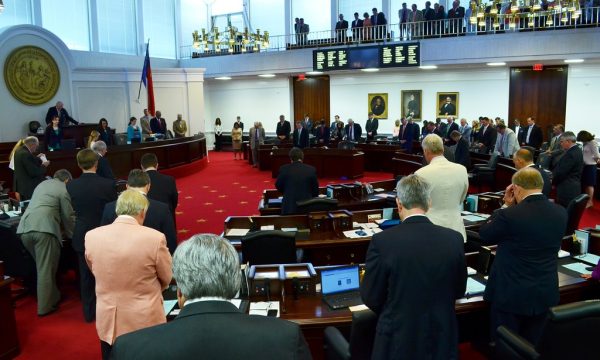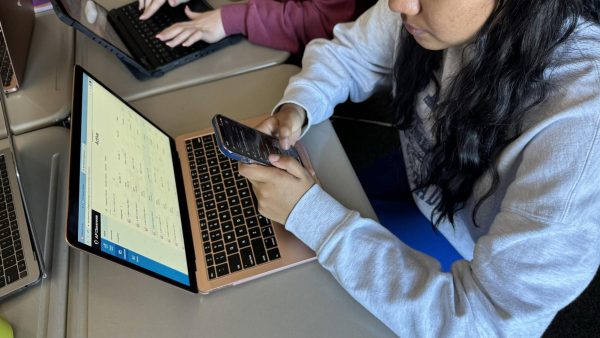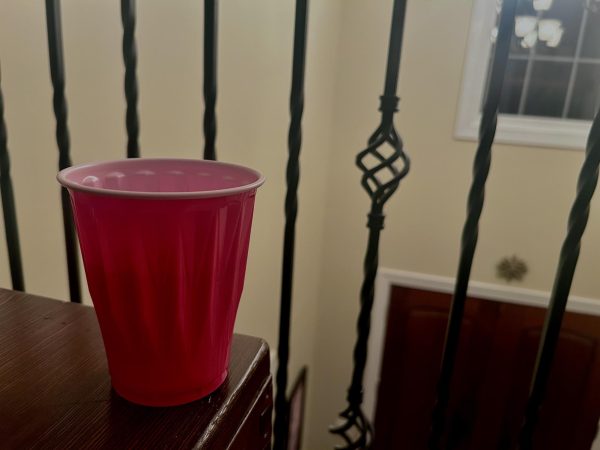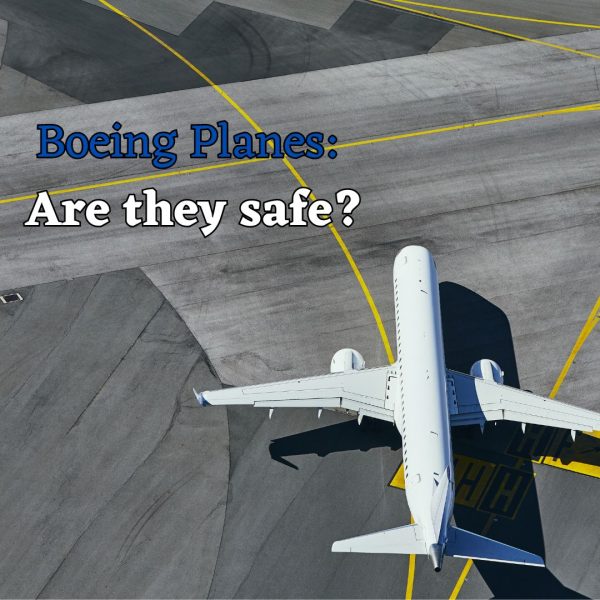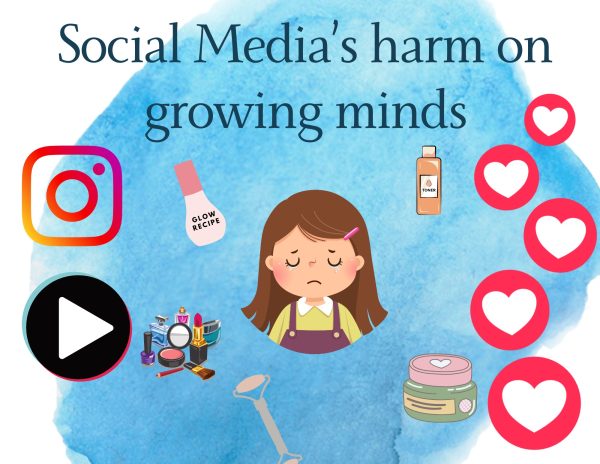Who will help the Rohingya?
Rohingya citizens are in limbo lacking basic necessities of life
Situated in Southeast Asia bordering China, Thailand, and Nepal sits Myanmar, formerly known as Burma. Known for its many natural parks and lakes and the golden Shwedagon Pagoda, the country has been in the news lately; not for these beautiful landmarks but for the crisis happening in its Rakhine state. Fleeing from a country that doesn’t want them and fleeing to a country that won’t accept them, the Rohingya are in a limbo with nowhere safe and nowhere to call home. A minority on the brink of genocide, the Rohingya have been killed and prosecuted at a rate that has never been seen yet in this century. They have virtually no rights, no land, and no justice for what is being done to them. After being denied citizenship in Myanmar, the majority Muslim group of about 1.1 million living in a majority Buddhist country are being massacred in silence.
The Rohingyas have fled Myanmar, previously Burma, due to a new and vicious military crackdown on their people. Their stories are awfully reminiscent of those heard from the Holocaust, with the burning of children, the killing of men in broad daylight, and the raping of women. All of these accusations have been refuted over and over again by the military-controlled Burmese government.The Rohingya mostly live on the western coast of Rakhine state and are not allowed to leave without government permission.They live in the poorest region of Myanmar and lack basic necessities of decent living like clean drinking water, proper sewage, and decent housing. These descriptions are very similar to ghettos of governmental confinement of the Jewish people during the Holocaust.This persecution has been going on for decades and only recently received the attention it deserves because of the military crackdown and the rising number of those dying at the hand of the government. The subject is still lacking international response though, and activists find this to be the most frustrating part of the situation.
What is happening to the Rohingya is similar to the Bosnian Muslim population, another mass killing which was not publicized and where, according to Al Jazeera, 80,000 of their people died. The Bosniak, Bosnian Muslim, the population was cleaved by 80% because of government-backed killings.
At first, there were a few Rohingya militants wanting complete rights from their government, and a counterinsurgency campaign of militant Rohingyas lead to the death of nine military soldiers. This consequently, gave the government an excuse to further persecute them. The Government of Myanmar launched a campaign of propaganda against the Rohingya people, justifying the harsh, inhumane treatment of them.
The Rohingya have been living in Myanmar since the 12th century; yet because of previous British rule, their minority status, and Burmese prejudice for their people, the Rohingya are strangers in their own land. Entire villages have been burned down in hopes of razing the Rohingya to the ground; fleeing to neighboring Bangladesh to escape the ethnic cleansing in Burma, the only place they know as home. The Burmese government is not allowing UN officials or reporters to come into some lock-down areas, where suffering is expected to be the highest. The government is accused of human rights abuses like rape and arson. The Burmese government is also denying any wrongdoing on their part against the Rohingyas. According to CNN,
there are documented burnings of Rohingya villages and more than 500,000 refugees on the Myanmar and Bangladesh border. Bangladeshi government refuses to take in the refugees, even detaining some and forcibly returning them to Myanmar.
The government of Burma refuses to see the Rohingya as citizens, claiming they are from Bangladesh. As stated by BBC, in 1948 Myanmar passed legislation called the Union Citizenship Act which outlined the all the countries’ ethnic groups. But, during 1962, Rohingyas were deemed foreigners. Despite this they are still apart of the list after a military coup took over the government.They were given identification cards and menial jobs until in 1982 the Rohingya were cut from the list entirely. To become a citizen one had to prove they had been living in Myanmar since 1948 and were fluent in the national language; but even the documents to prove they were citizens were denied to the Rohingya. Even if the Rohingya jump through citizenship hoops to prove they are naturalized they can’t get the proper paperwork because they are Rohingya. Currently, they can’t vote and can’t enter professions with medicine, law, or political office. The Burmese government doesn’t recognize the Rohingya due to the fact that they think they were originally Bangladeshi farmers who came to Myanmar during British rule seeking labor from 1824- 1948 according to BBC. The Burmese see the Rohingyas as illegal immigrants from Bangladesh.
The mistrust has grown so much and, now that the country is under military rule, the simmering pot of hate is boiling over. The Rohingya say they are Myanmar’s ethnic minorities and are descendent of Arab traders and other groups native to the country.
An infographic created by Al Jazeera estimates that since 1970 when Rohingya rights were first stated being stripped; one million of their people have fled Myanmar. 170,000 have fled since 2012, last year alone 90,000 have fled. Many flee through the Bay of Bengal and the Andaman Sea, a very dangerous journey. They don’t have the same resources and services that the Buddhist citizens have, living in impoverished camps and settlements where they can’t leave unless they have government approval. Nevertheless, they still flee because they are sitting ducks and need to get away from the violence.
Nobel Peace Prize winner and democratic leader of Myanmar, Aang Sang Suu Kyi, refuses to talk about the plight of the Rohingya. They blame the recent crackdown on the Rohingya on protecting their people from so-called “terrorists”. They are denying aid workers from going into settlements because they say they are helping the “terrorist”. Reporters are only allowed to speak with government approved Rohingya, and UN investigative visas are also denied. Even though Suu Kyi doesn’t control the military, her failure to even comment on the killings, something she would readily do in the past, is astounding. Some say that if she did back the minority group she could lose popularity and possibly her positions, which she fought so hard to win. The UN found that the government was “very likely” to commit the crimes against the Rohingya. She did appoint former UN Chief Kofi Annnan to regulate divisions in the region, but her critics say that this is only an attempt to turn global public opinion in favor of her and get back in their good graces, according to the Gaurdian. Some say she should be stripped of her “peace” prize. Annan is not even investigating human rights abuses against Rohingya but is trying to improve the economy, business, and other issues. When questioned about these violations, they claimed they found no evidence of wrongdoing. Western media would ignore this humanitarian crisis. Suu Kyi again said, according to the Guardian, that there was a torrent of misinformation coming out of the Rakhine state and she condemned any human rights violation Myanmar was under. Saying that the difficulties the Rohingya face are exaggerated, Suu Kyi also states that Myanmar is ready anytime to verify those who have fled back into the country; but again failed to specify how that would come about.
There are so many questions left unanswered and so much suffering that has unfolded. The Rohingyas are waiting for their rights to be returned, for their home to be returned, for their lives to be returned, but, until the world notices and the Burmese government is put under scrutiny, the Rohingyas will never get the help they most desperately need.





